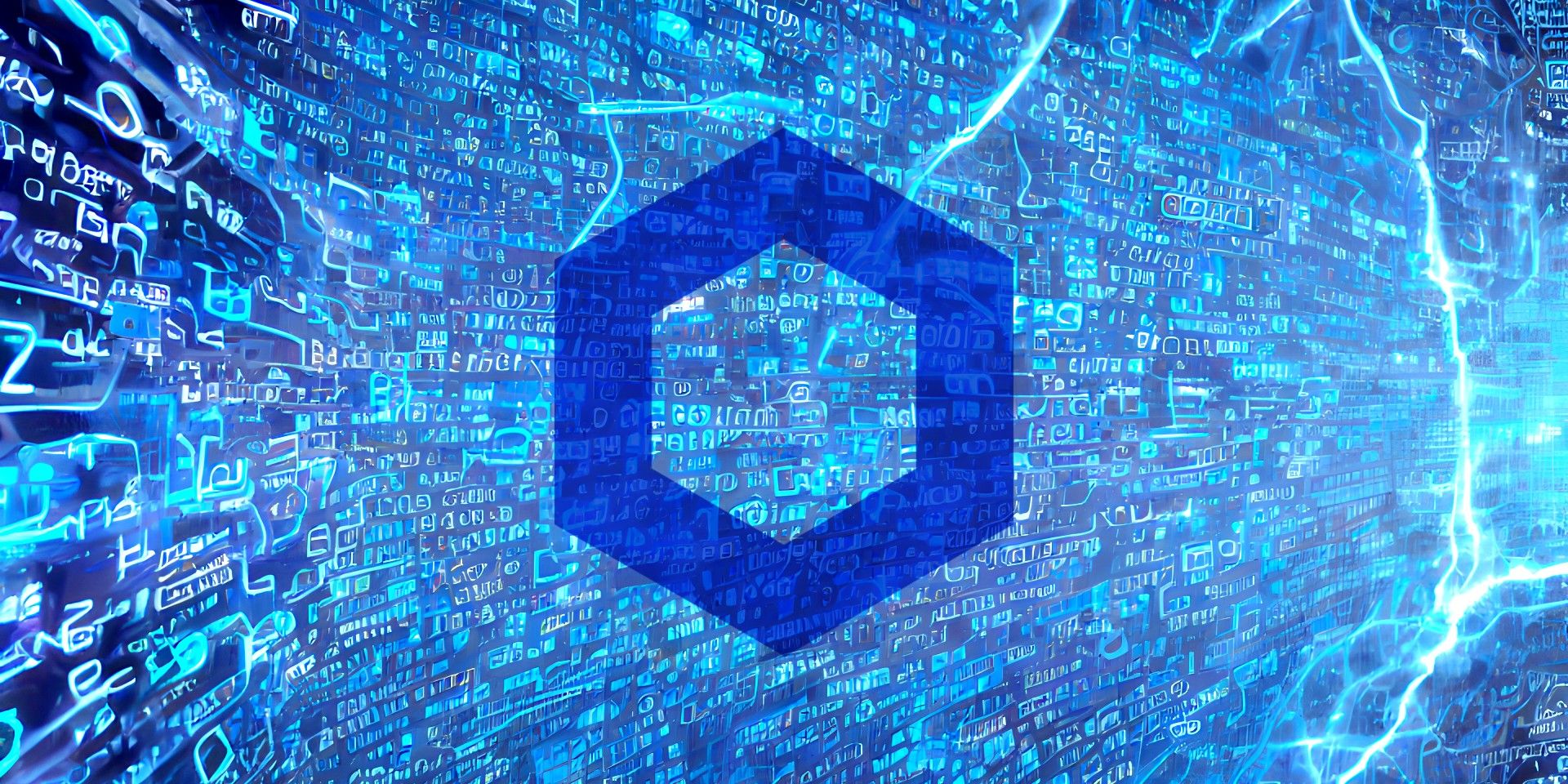Blockchain oracle services like Chainlink are essential to many DeFi applications, and without them, the majority of Web3 apps would not exist.
Blockchain oracles are perhaps the least appreciated component of Web3‘s infrastructure, and without them the majority of Web3 apps could not exist. All blockchain smart contracts are blind to the outside world and need to be provided data through some kind of input function. While many smart contracts can function with internal logic and do not need off-chain data, others and more advanced use cases require off-chain data to operate.
Smart contracts cannot call their own functions when conditions are met, as all functions must be called by either a crypto wallet or by another smart contract, making automated event triggers difficult to implement. Blockchains also cannot generate truly random numbers, making Web3 decentralized applications (dApps) for gaming and gambling impossible to create without relying on potentially biased or predictable sources of randomness.
That’s where blockchain oracles save the day. As Decrypt discusses, oracles are services that provide off-chain data to on-chain smart contracts in a decentralized and unbiased way, the most common of which are cryptocurrency price feeds, random number generation, and smart contract automation. Chainlink was the first oracle service to exist during the 2018 crypto bear market, and uses a decentralized network of nodes that independently provides data feeds in exchange for LINK tokens. Chainlink quickly became the backbone of decentralized finance, or DeFi, as most DeFi dApps rely on cryptocurrency price feeds and real-world data to operate.
What Kind Of dApps Rely On Oracles?
Chainlink’s Verifiable Random Function (VRF) generates fair and provably random numbers, which allows self-running crypto casinos to operate without a ‘house edge,’ and the same product also powers many Web3 Play-To-Earn (P2E) games. Thanks to VRF, crypto gambling is usually (though not always) fair to its players, and crypto gaming also enjoys fair odds of random number generation provided by an unbiased, decentralized source. DeFi lending and borrowing apps need cryptocurrency and NFT price feeds to determine when to trigger a liquidation call on a borrower, and there are many other DeFi applications that require non-crypto price feeds and event reports for their operation. Finally, Chainlink Automation provides smart contract automation for outside events, which avoids the need to use a bot running on a centralized server to activate the smart contract when conditions are right.
Although they work in the background, blockchain oracles are a vital component of Web3, as they allow for an unbiased source of data, randomness, and automation for smart contracts. With Chainlink providing real-world data to the blockchain, many new and powerful apps and dApps can be built that are otherwise impossible. Chainlink is a crucial component of many DeFi and CeFi applications, and continues to expand its Web3 product offerings and influence.
Source: Decrypt
Read More: screenrant.com










 Bitcoin
Bitcoin  Ethereum
Ethereum  Tether
Tether  XRP
XRP  Solana
Solana  USDC
USDC  Cardano
Cardano  Dogecoin
Dogecoin  TRON
TRON  Lido Staked Ether
Lido Staked Ether  Pi Network
Pi Network  Lombard Staked BTC
Lombard Staked BTC  Wrapped Bitcoin
Wrapped Bitcoin  LEO Token
LEO Token  Stellar
Stellar  Chainlink
Chainlink  Hedera
Hedera  USDS
USDS  Wrapped stETH
Wrapped stETH  Avalanche
Avalanche  Sui
Sui  Shiba Inu
Shiba Inu  Toncoin
Toncoin  Litecoin
Litecoin  Bitcoin Cash
Bitcoin Cash  MANTRA
MANTRA  Polkadot
Polkadot  Ethena USDe
Ethena USDe  WETH
WETH  Binance Bridged USDT (BNB Smart Chain)
Binance Bridged USDT (BNB Smart Chain)  Bitget Token
Bitget Token  Hyperliquid
Hyperliquid  WhiteBIT Coin
WhiteBIT Coin  Monero
Monero  Wrapped eETH
Wrapped eETH  Uniswap
Uniswap  sUSDS
sUSDS  Dai
Dai  NEAR Protocol
NEAR Protocol  Aptos
Aptos  Pepe
Pepe  Ondo
Ondo  Ethereum Classic
Ethereum Classic  Internet Computer
Internet Computer  Aave
Aave  OKB
OKB  Mantle
Mantle  Coinbase Wrapped BTC
Coinbase Wrapped BTC  Gate
Gate